Employee engagement: what is it and why does it matter?
Introduction:
Employee engagement is more than just a buzzword; it's the backbone of a successful and productive workforce. In this article, we'll explore what employee engagement is, why it matters, and how you can foster it within your business to create a motivated and thriving team.
Defining Employee Engagement:
Employee engagement refers to the emotional commitment and dedication employees have towards their work and the business they work for. Engaged employees are passionate, enthusiastic, and deeply invested in their roles, going above and beyond to contribute to the company's success.
With a highly engaged workforce, your people want to help each other, your customers and ultimately the business.

Why Employee Engagement Matters:
1. Boosts Productivity: Engaged employees are more focused and driven, leading to increased productivity levels. When individuals genuinely care about their work, they are more likely to put in extra effort for themselves and each other to achieve outstanding results.
2. Enhances Job Satisfaction: Employees who feel engaged are more satisfied with their jobs. This satisfaction translates into higher levels of loyalty and reduces staff turnover, saving your business time and ultimately recruitment fees in the long run.
3. Sparks Creativity and Innovation: Engaged employees are more likely to work effectively & collectively, offering creative solutions and innovative ideas. They feel comfortable sharing their thoughts without fear of retribution and they actively contribute to a culture of continuous improvement.
4. Improves Customer Satisfaction: Engaged employees deliver the very best customer experiences. Their enthusiasm and dedication positively impact how they interact with your customers, leaving a lasting impression of your business with them. Remember above all else, your customers can be your biggest cheerleader for new business opportunities “if” you can make them feel happy.
5. Fosters a Positive Work Culture: A team of engaged employees creates a positive work culture. This uplifting environment helps to attract top talent and promotes collaboration and camaraderie among team members. You will generally find businesses with a largely engaged team have lots of positive reviews on Glassdoor which is becoming ever more important in the hunt for top talent.
Ways To Improve Your Employee Engagement:
1. Transparent Communication: Establish open communication channels with your entire team. Keep employees informed about company updates, goals, and challenges. Encourage two-way communication to ensure that employees' voices are heard and valued. If something is raised and it can’t be done now or in the future, let your team know why that is as soon as possible and actively listen to any feedback you might receive on that.
2. Provide Growth Opportunities: Offer employees opportunities for professional development and career advancement. Invest in training programs and mentorship initiatives that help them expand their skills and knowledge.
3. Recognize and Reward: Acknowledge employees' efforts and achievements regularly. Implement recognition programs. This could literally be as easy as an employee/team of the month email from the Managing Director to everyone in the business that celebrates individual and team accomplishments, reinforcing a culture of appreciation.
4. Empower Decision-Making: Encourage autonomy and ownership over tasks and projects. Empowered employees feel trusted and valued, which motivates them to take initiative and be proactive.
5. Work-Life Balance: Promote a healthy work-life balance. Offer flexible work arrangements and support employees in managing their personal and professional commitments wherever possible.
6. Engage Leadership: Ensure that leaders actively demonstrate engagement and enthusiasm. Leaders who lead by example set the tone for the business and inspire employees to follow suit.
7. Solicit Feedback: Seek regular feedback from employees about their experiences within the business. Use surveys or feedback sessions to gather insights and identify areas for further improvement.
Conclusion:
Employee engagement is a critical component of building a thriving and successful workforce, especially in today’s fast moving modern society. When employees feel connected, valued, and motivated, they are more likely to contribute their best efforts, leading to enhanced productivity, job satisfaction, and innovation.
By fostering open communication, providing growth opportunities, recognizing achievements, and supporting work-life balance, you can create an environment where employee engagement thrives, benefitting both your organization and its talented team members.
Remember, employee engagement isn't just a lofty goal or achievement badge; it's an investment in your businesses future growth strategy.
Get In Touch











